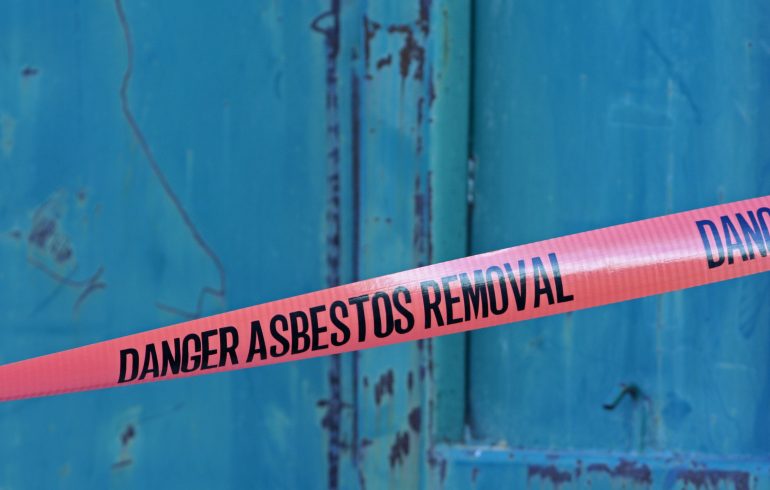The United States Court of Appeals for the Seventh Circuit recently decided that a major type of testimony traditionally used by asbestos plaintiff’s medical experts to attribute a cancer’s causation to each and any exposure to asbestos (no matter how long or intense) is unavailable as a grounds to support an asbestos verdict, and is not admissible under a Daubert standard. The Court, in affirming a district court’s order excluding medical testimony about “cumulative exposures” to asbestos as a grounds to support a verdict, may cause asbestos plaintiffs’ counsel to revamp their experts’ testimony.
In Charles Krick v. Exxon Mobil Corporation, No. 15-3122 (7th Cir. August 31, 2017), the Seventh Circuit affirmed a district court’s ruling excluding the plaintiff’s medical expert’s trial testimony about medical causation of the plaintiff’s lung cancer. During pre-trial motion proceedings, the initial trial judge granted motions in limine preventing Dr. Arthur Frank and other witnesses from testifying that “each and every exposure” to asbestos contributed to cause plaintiff Charles Krick’s lung cancer. [This theory argues that any exposure to asbestos fibers, regardless of fiber length or length of exposure, constitutes a cause of asbestos-related cancer. This theory is known variously as the “each and every exposure theory”, the “any exposure theory”, the “single fiber theory”, and/or the “no safe level of exposure theory”.] The trial court excluded this testimony as not being sufficiently reliable under Rule 702 of the Federal Rules of Evidence, pursuant to Daubert v. Merrell Dow Pharmaceuticals, Inc., 509 U.S. 579 (1993).
After the case was transferred to a different district judge for trial, plaintiff’s counsel called Dr. Arthur Frank, a frequent plaintiff’s expert, to testify. During pre-testimony voir dire, Dr. Frank offered a newly packaged ‘cumulative exposure’ testifying giving an opinion as to the “cumulative effect” of causing the cancer. The District Court held that this “totality of exposure” theory was no different in substance from the “each and every exposure” theory prohibited by the prior district judge. The jury then found that the plaintiff’s lung cancer was caused solely by his smoking. The plaintiff appealed.
On appeal, the plaintiff argued that it was error for the trial court to exclude Dr. Frank’s “cumulative exposure” medical causation testimony. The Seventh Circuit, in its opinion, reviewed the standards for admission of expert testimony under Rule 702, as interpreted by Daubert and its progeny.
The Appellate Court noted that, under Illinois law, the plaintiff bore the burden of demonstrating that asbestos was a “substantial contributing factor” to the alleged injury. In excluding Dr. Frank’s original testimony the district judge noted that the “any exposure” theory ignored the “fundamental principles of toxicology that illnesses like cancer are dose dependent.” The Court ruled that the plaintiff had to prove that the defendants’ acts or products were a “substantial contributing factor” to the plaintiff’s illness, something that Dr. Frank had not even considered.
The next district judge rejected the repackaged “cumulative exposure” theory on the same grounds. “In other words, causation requires that an expert connect the nature of the asbestos exposure and pair it with a Daubert-approved methodology that can be used to determine whether such an exposure was a substantial cause of the defendant’s theory.” The Appellate Court affirmed the lower court’s ruling, and rejected completely both the “each and every exposure” theory and the “cumulative exposure” theory, holding that requiring a defendant to exclude a potential cause of the illness “improperly shifts the burden to the defendants to disprove causation and multiplies the requirements of the ‘substantial factor’ test.” The Seventh Circuit noted that over 30 other federal and state courts had similarly rejected the “cumulative”/”any exposure” theory as unreliable. The Appellate Court held it was not an abuse of discretion for the district court to reject this testimony.
Plaintiffs’ counsel will have to pay more attention to their experts’ medical causation testimony in order to make their case. Some plaintiffs’ experts will now shift their testimony in order to pay more attention to a particular defendant’s products or premises. Some plaintiffs’ experts may even stop testifying altogether because they have too much “baggage” from prior deposition and trial testimony tying them to the rejected theories. Especially in Missouri where the Missouri legislature recently enacted legislature that requires state trial courts to follow a Daubert procedure before admitting disputed expert testimony, there will be a change in how plaintiffs make a case against individual defendants.

